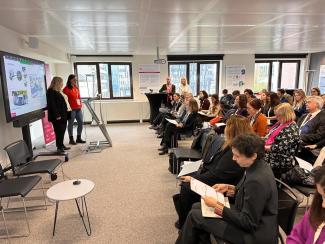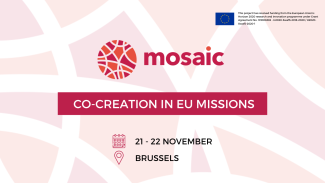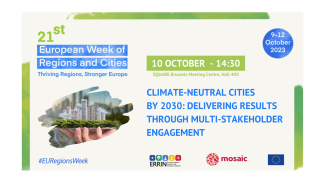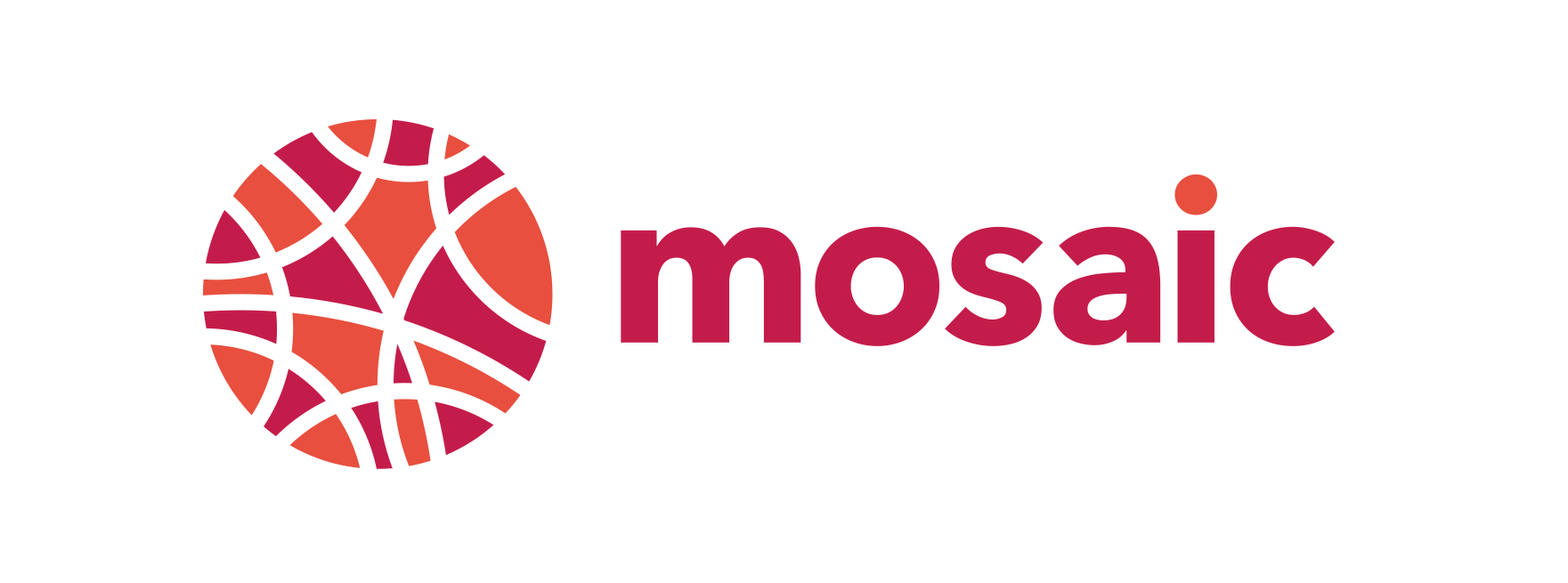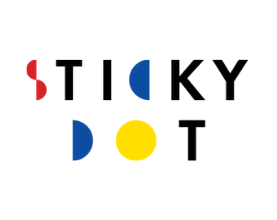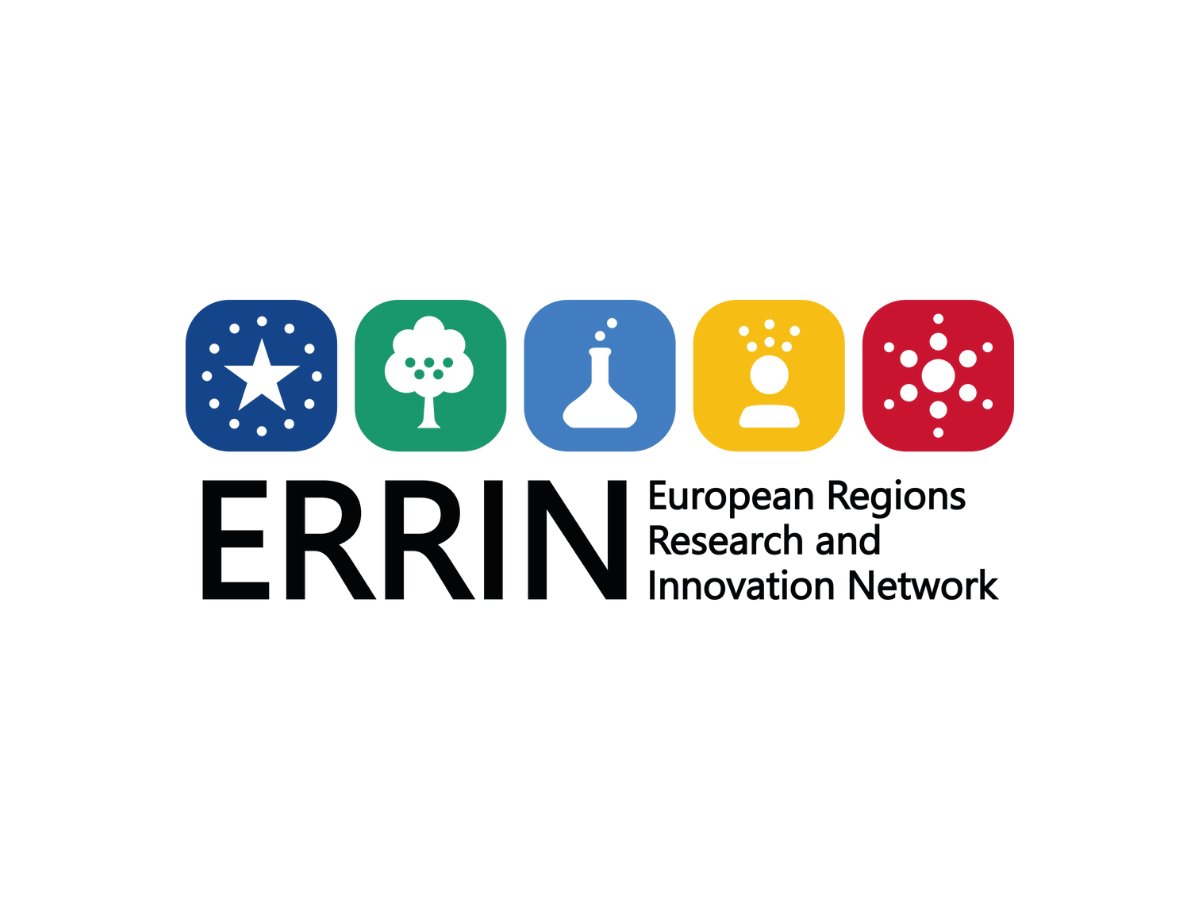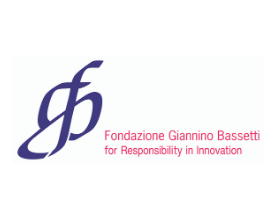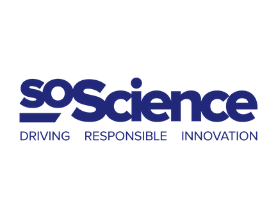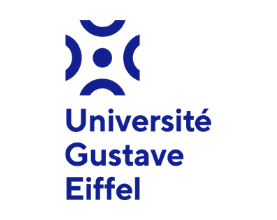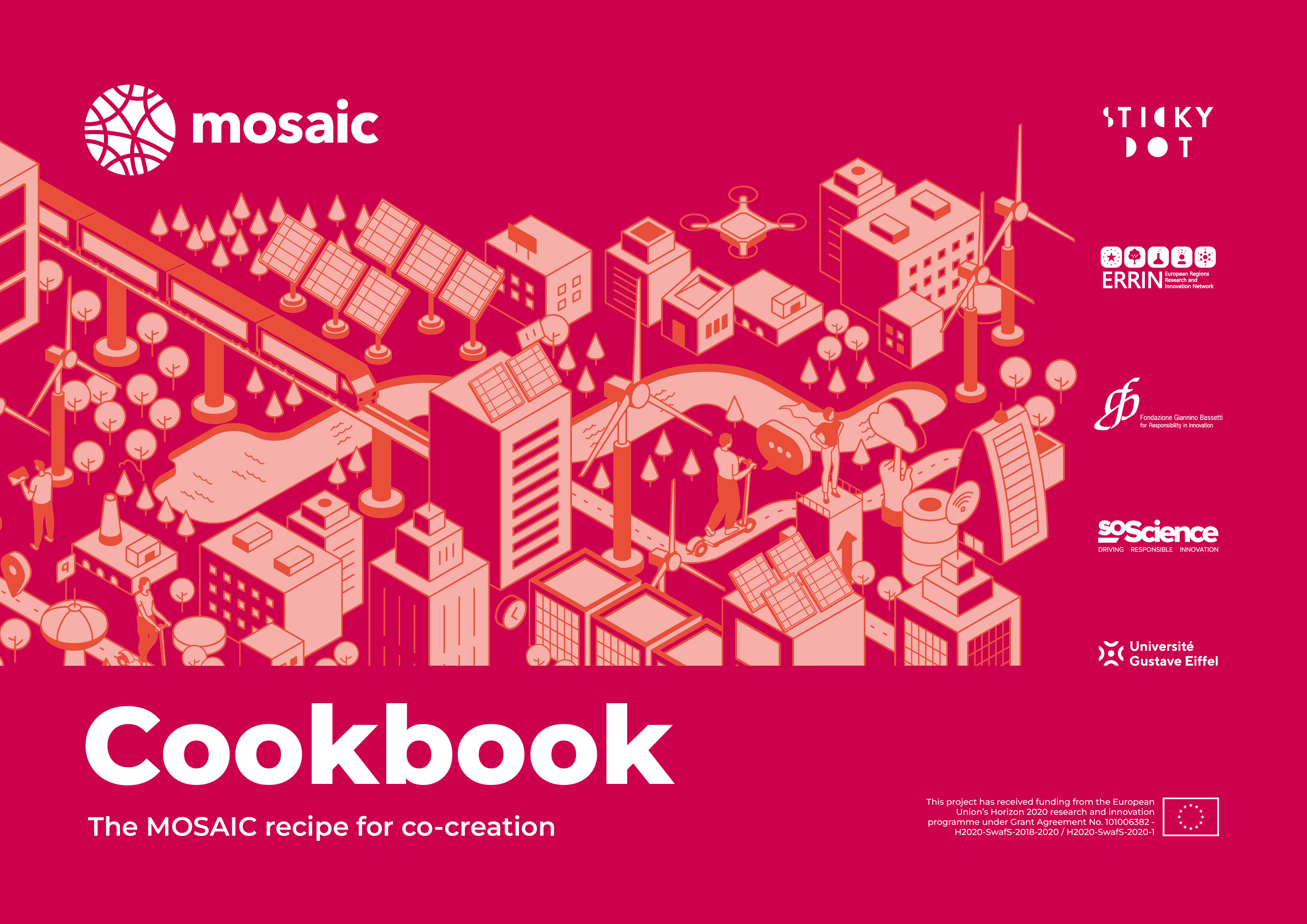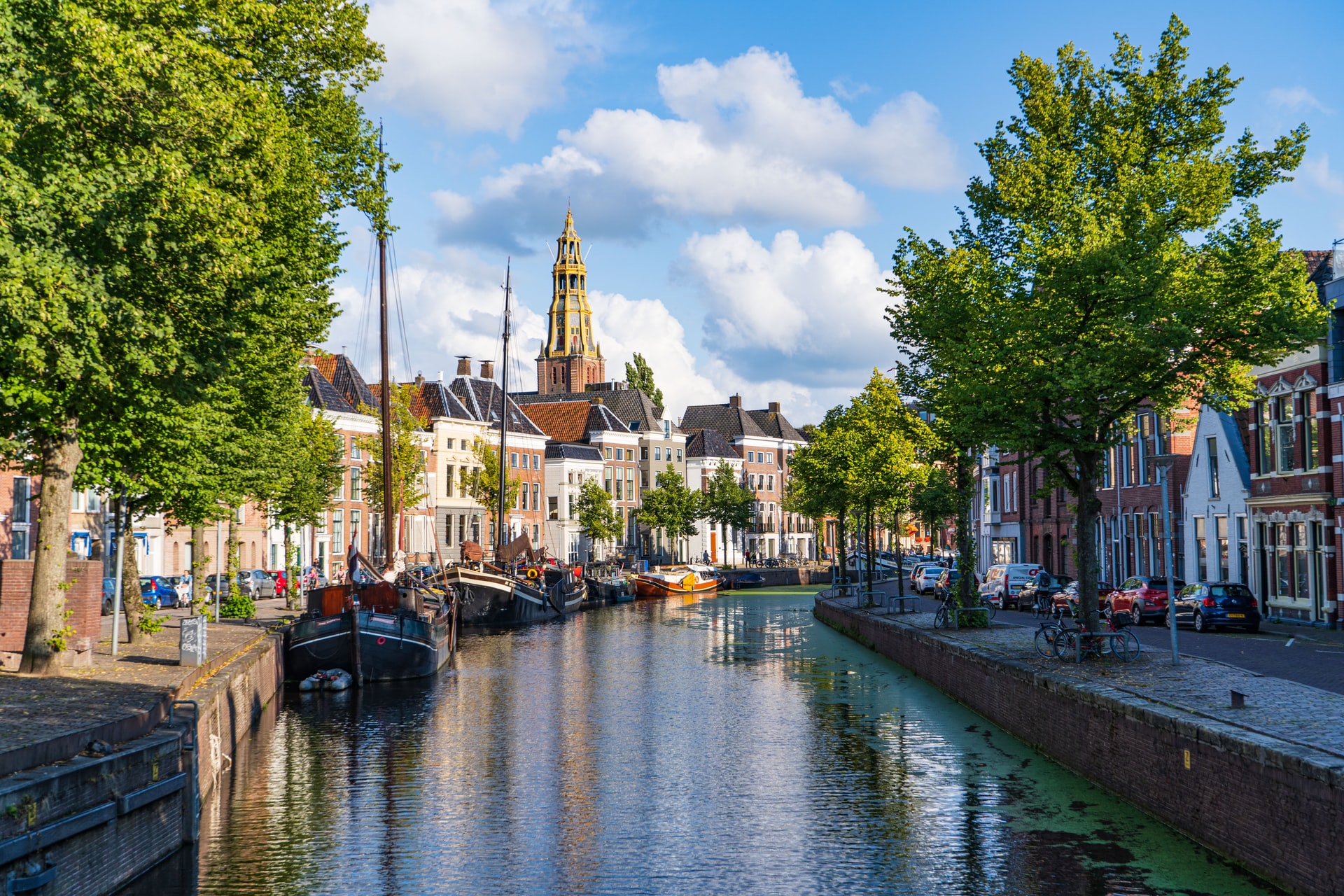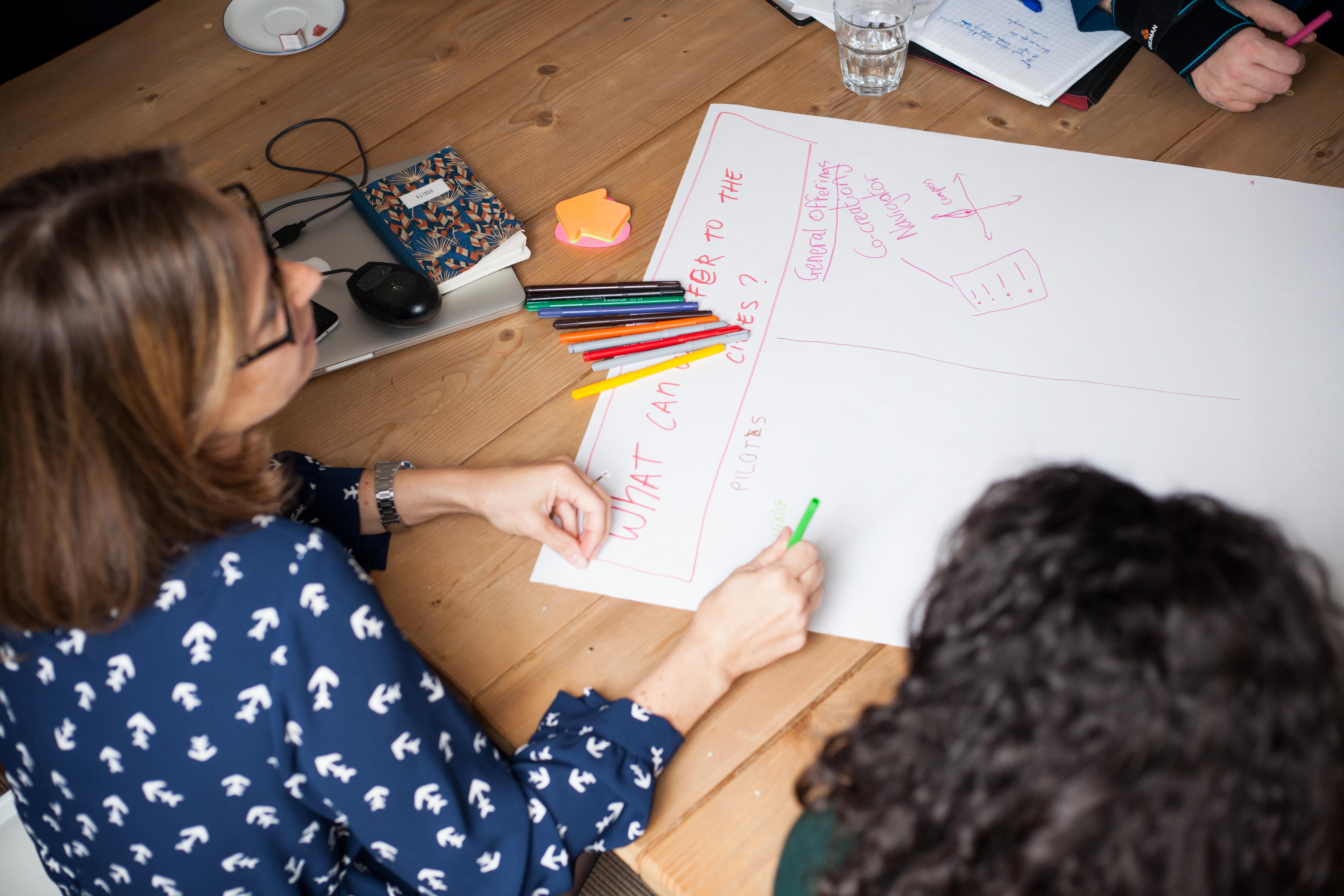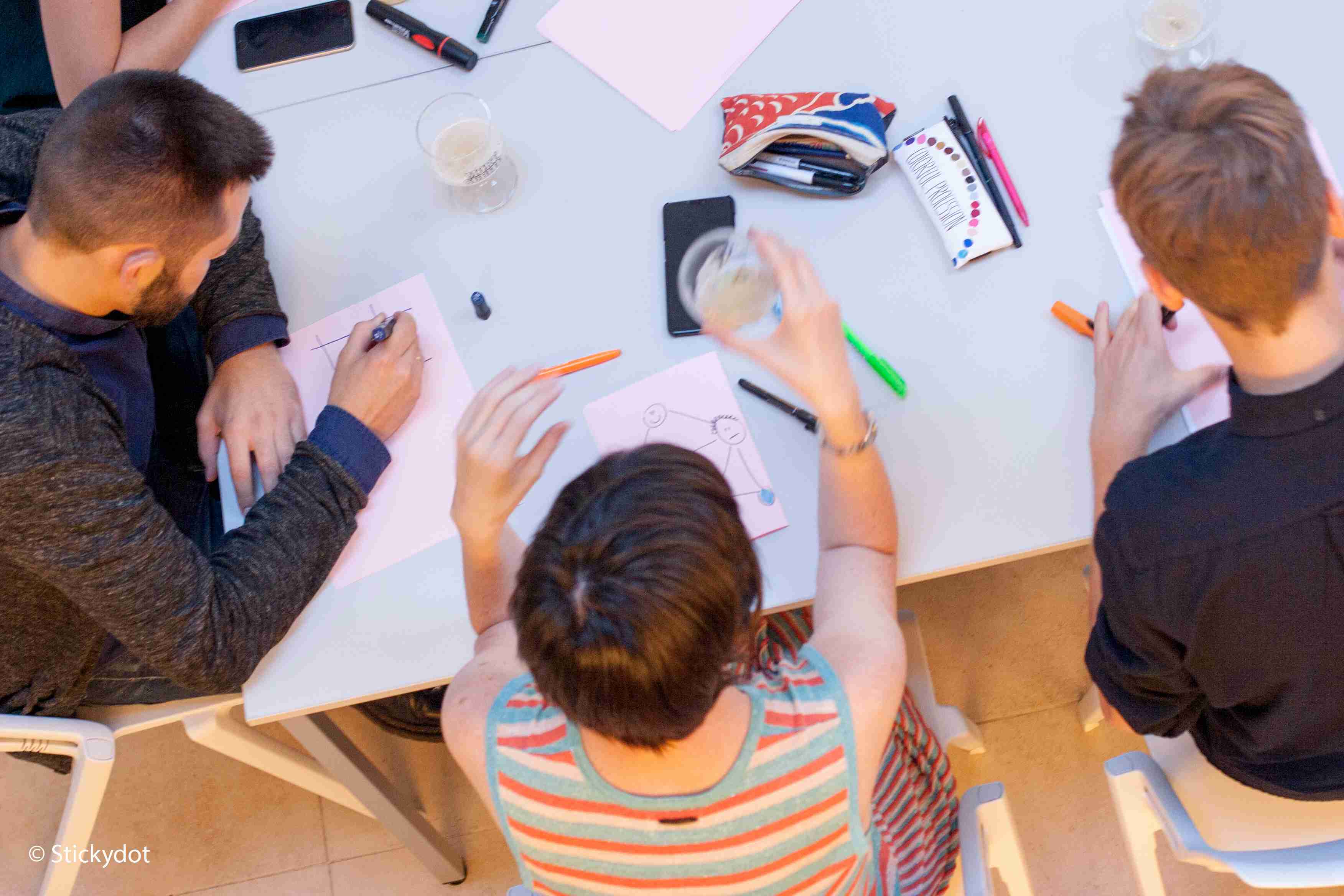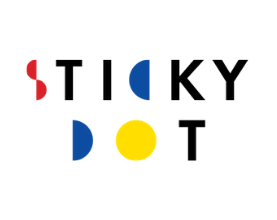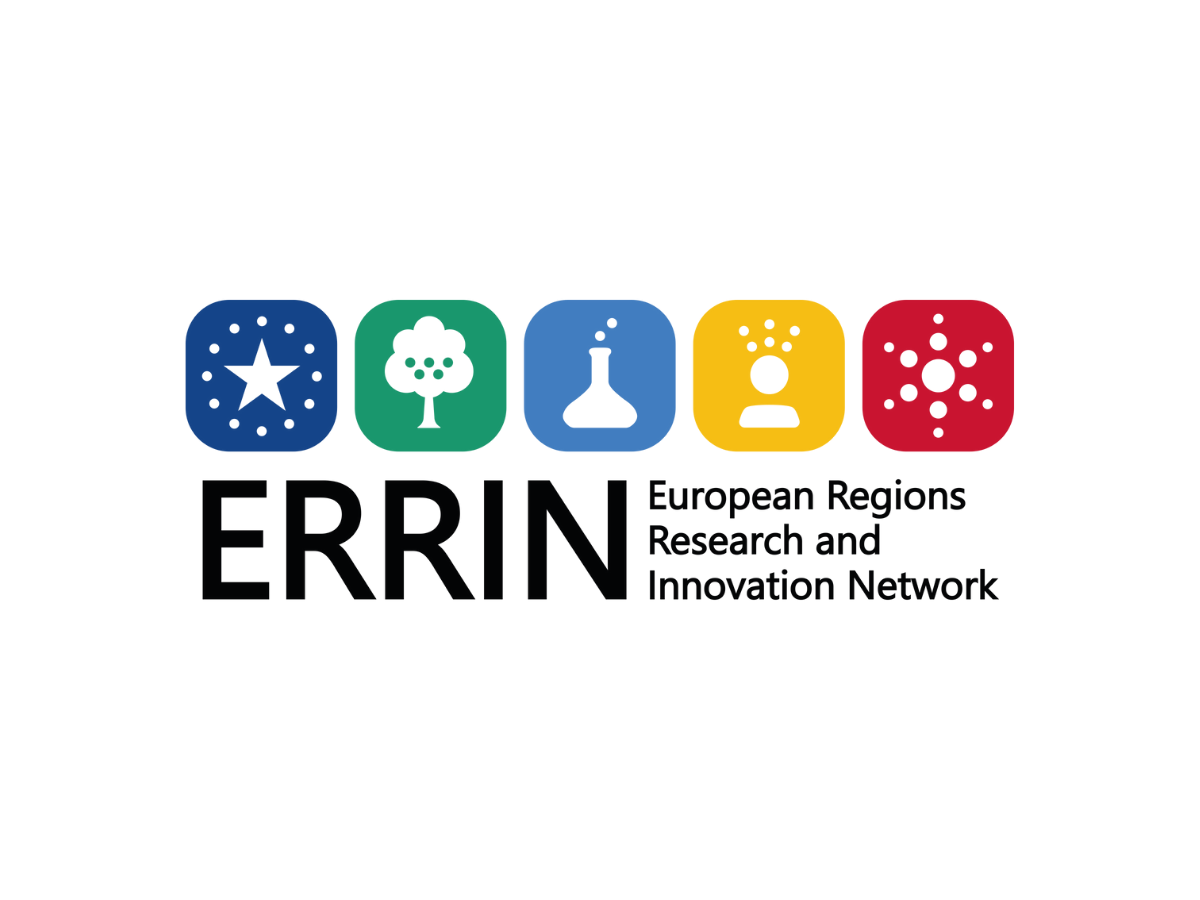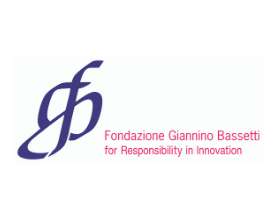Commission proposes Social Climate Fund
Cities Mission Expression of Interest Call now open!
ERRIN
ABOUT ERRIN.
Started in 2001 as an informal network, ERRIN is a well-established Brussels-based platform of around 120 regional stakeholder organisations from more than 20 European countries, most of whom are represented by their Brussels offices.
Our members are mainly regional authorities, universities, research organisations, chambers of commerce and clusters. They drive the agenda and the priorities of the whole network by taking an active role within the Working Groups or in the Management Board.
Through our 13 Working Groups, ERRIN works with research and innovation in a very comprehensive way, promoting triple and quadruple helix cooperation approaches and the importance of regional innovation ecosystems.
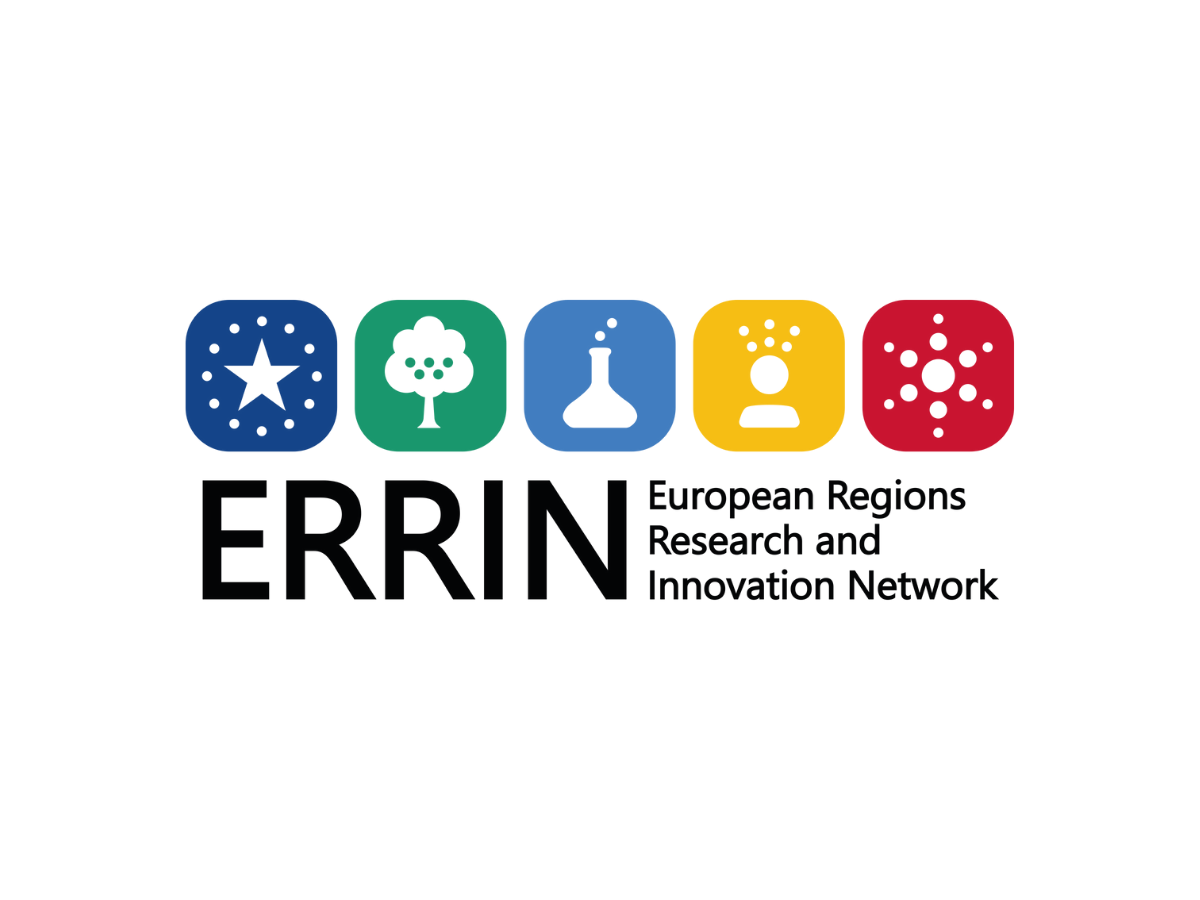
OUR TEAM.

HEIDI JOHANSSON

GIANPIERO PETRUZZIELLO

PIRITA LINDHOLM

RYAN TITLEY
Cities Mission
100 CLIMATE-NEUTRAL EUROPEAN CITIES BY 2030
As part of its framework programme Horizon Europe, the European Commission has developed five missions with ambitious goals that will deliver concrete results by 2030. One of the missions, on climate-neutral and smart cities, will serve as the context in which the MOSAIC methodology will be tested in cities.
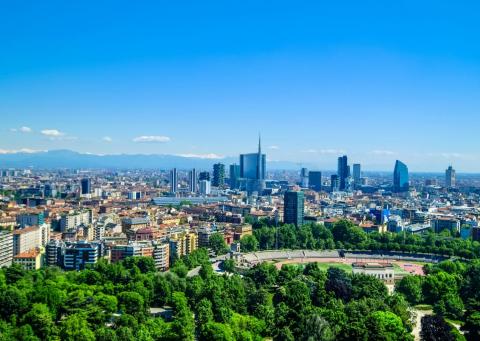
The Mission on Climate-Neutral and Smart Cities (Cities Mission) aims to deliver 100 climate-neutral and smart European cities by 2030, while paving the way for remaining European cities to become climate-neutral by 2050. It aims to create a bottom-up approach towards achieving climate-neutrality, supported by a Climate City Contract, which requires the participation of the entire local ecosystem and support from all governance levels.
The mission presents a unique and unprecedented approach to the goal of climate neutrality. This new demand-led approach brings together all key stakeholders within a city, as well as the respective national/regional governments and the European Commission to work towards the same goal. The Climate City Contract provides a novel tool to ensure that all key actors - local authorities, private sector, academia, citizens/civil society - will work together towards the same ambitious goal via a joint strategy. The multi-sectoral and multi-actor dimensions will be key for the mission’s success.
The Cities Mission is therefore ideally placed to engage European citizens and stakeholders in the pressing global challenge of impending climate change, as it focuses strongly on the places where most Europeans live, work and move. While the overarching ambition of the mission relates to the issue of mitigating climate change, achieving success within this mission requires not only significant technological innovation but also a paradigm shift within the public sector, on local, regional, national and European levels, regarding the inclusion of the general public.
The Mission Implementation Plan, which describes the objectives, activities and process for the mission, was published in September 2021 when all five missions were launched.
Cities Mission implementation
The European Commission published the Mission Implementation Plan, which describes the objectives, activities and process for the mission, in September 2021. Shortly after this, a call for expressions of interest was opened, leading to the selection of 112 Mission Cities from across Europe in April 2021.
The NetZeroCities project has been funded by the European Commission to set up a Mission Platform, which will support the 112 cities in developing and implementing their Climate City Contracts. This support includes an online portal gathering a range of resources and knowledge related to the cities’ journey towards climate neutrality, expertise support from within the NetZeroCities consortium, and hands-on support by 13 Climate Neutral City Advisors.
A first group of cities have in spring 2023 submitted their Climate City Contracts for review, with other cities planning to submit theirs in autumn 2023 and in 2024.
Research
There are few experiences and little knowledge on quadruple helix co-creation approaches. Many examples exist of bottom-up and spontaneous initiatives which have fostered the development of creative solutions but have often failed to achieve impacts on innovation policies. Simultaneously, decision-makers have often failed to properly engage citizens in these processes, while industries involve them as passive consumers to observe their habits, rarely allowing for a more active role.
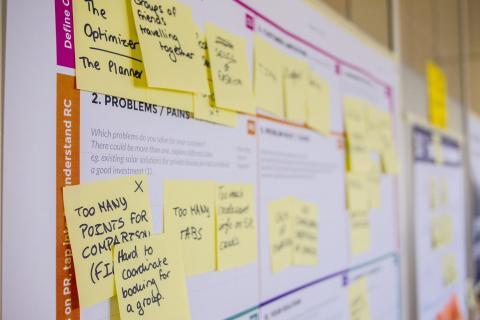
MOSAIC believes that one of the reasons for the still widespread absence of stronger participatory processes in the innovation landscape is the lack of an appropriate methodological framework, made accessible, understandable and employable by all concerned stakeholders, as well as the scarce availability of ways to assess the effects and outcomes of such processes. MOSAIC aims to address these knowledge gaps by exploring how to translate the involvement of stakeholders from all parts of the quadruple helix in Open Innovation ecosystems.
MOSAIC will address the identified SwafS gap - the relatively small know-how and lack of experiences on how to embed the quadruple helix co-creation approach into innovation ecosystems, by testing the MOSAIC co-creation methodology in a mission-like environment focusing on climate-neutral and smart cities priorities. MOSAIC will also assess the impacts of these processes by analysing the contribution of quadruple helix co-creation to innovation ecosystems.
MOSAIC will assess how co-creation can take place in quadruple-helix innovation ecosystems and what kind of transformational changes it can bring to the actors involved as well as to the advancement of innovation. To do this, the project will implement pilot actions in real settings, grounding its interventions in mission-like processes. Mission-oriented approaches target the identification of new technologies that can address state-defined challenges through the collaboration between sectors. As an added value to the MOSAIC research process, some of the project key exploitable outcomes, such as our methodological approach and impact assessment, will contribute to enabling new models of collaboration towards quadruple-helix engagement and to the European Commission’s objective to co-create missions with citizens and stakeholders.
MOSAIC will perform an experience review capturing lessons learned from previous and ongoing Science with and for Society (SwafS) projects and other initiatives and capitalise on their co-creation experiences. This identification of diverse co-creation experiences relevant to open innovation and mission-oriented innovation will lead to the development of a MOSAIC co-creation methodology.
Home Page
MOSAIC ADVOCATES FOR A STRONG ROLE FOR CO-CREATION IN THE HORIZON EUROPE MISSION-ORIENTED APPROACH
MOSAIC has produced the Cookbook, a hands-on tool aiming at supporting further EU cities in the implementation of their co-creation processes.
The Cookbook not only describes the MOSAIC Methodology but draws on the practical experiences of the co-creation process in Gothenburg and Milan. This tangible resource offers practical insights and methods drawn from real-life experiences, empowering cities on their journey towards climate neutrality.
About Mosaic.
Latest Updates.
